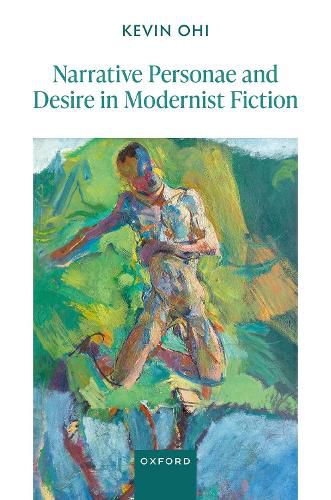Readings Newsletter
Become a Readings Member to make your shopping experience even easier.
Sign in or sign up for free!
You’re not far away from qualifying for FREE standard shipping within Australia
You’ve qualified for FREE standard shipping within Australia
The cart is loading…






Examining modernist fiction in the context of a longer tradition of narrative impersonality, Narrative Personae and Desire in Modernist Fiction explores how narrative language renders subjective states of interiority and desire. Inspired by linguistic analyses of the
$9.00 standard shipping within Australia
FREE standard shipping within Australia for orders over $100.00
Express & International shipping calculated at checkout
Stock availability can be subject to change without notice. We recommend calling the shop or contacting our online team to check availability of low stock items. Please see our Shopping Online page for more details.
Examining modernist fiction in the context of a longer tradition of narrative impersonality, Narrative Personae and Desire in Modernist Fiction explores how narrative language renders subjective states of interiority and desire. Inspired by linguistic analyses of the